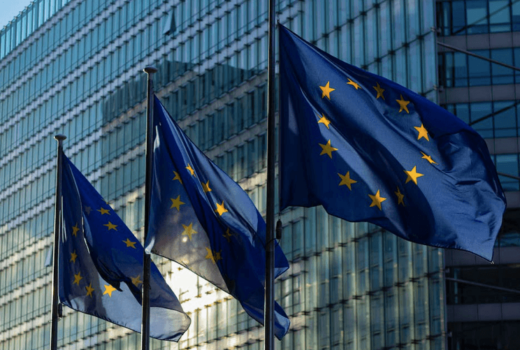Universitair onderzoek Europees versterkt
The overall objective of the Expert Group will be to identify and define possible measures and actions concerning the following dimension for the development of the European Research Area (ERA), as spelt out in the Green paper: “Excellent research institutions” with a focus on University-based Research, taking account of existing expertise and of the major elements stemming from the debate launched with the Green Paper.
Via a combination of collective and individual work punctuated by several meetings, the group will analyse the outcome of the on-line consultation and prepare all necessary material for discussing the key issues and for drawing its conclusions. In its final report, it will formulate and suggest concrete options for policy makers, and detail these policy options including all relevant background analysis and findings of the group.
The overall mandate of the expert group will be :
-review and assess the current situation regarding “European University-based Research institutions”, providing an overview of recent initiatives, current challenges and existing trends;
– identify issues at stake which may require new policy initiatives;
-identify and develop a number of policy options to address these issues, as well as evidence justifying the need for such measures;
-assess the various policy options and their potential impact.
The group shall draw upon relevant existing analyses, as well as on the results of the public consultation on the Green paper, and back up its proposals and recommendations with a clear supporting rationale.
Issues to be addressed
While the group focuses essentially on University-based Research, it should also consider issues related to public research centres when relevant. Keeping in mind the overall “modernisation agenda” for universities, the areas previously identified for action, and considering the many initiatives throughout Europe, the group will look at:
1. In what domains has good progress been achieved in enhancing European University-based Research?
2. In which domains is progress the most needed? Can priorities be set? Such as, for example, those proposed in the ERA Green Paper: in reinforcing autonomy and capacity for the management of research by institutions; in shared criteria for the funding and assessment of university research; in promoting industry academia collaboration; or in strategic specialisation with centres of excellence competitive on the global scale together with a rich network of universities which excel in addressing research and training needs at national, regional and sectoral level, etc…
3. What should be done at European, national and institutional level to foster and sustain this progress? What role should the European Commission play in support to the actions identified?
Intermediate milestone: the Portuguese Presidency Conference in October 2007
The expert group shall use this Conference as an opportunity to present to a broad audience the first preliminary results of its work and get feed-back from this audience before continuing to further develop and finalize it. Therefore the group will prepare an interim report in a format which will be the basis of a presentation and the primer for discussion at the Conference. This interim report shall include outlines of possible policy actions or options.
Meest Gelezen
Vrouwen houden universiteit draaiende, maar krijgen daarvoor geen waardering
Wederom intimidatie van journalisten door universiteit, nu in Delft
‘Burgerschapsonderwijs moet ook verplicht worden in hbo en wo’
Raad van State: laat taaltoets nog niet gelden voor hbo-opleidingen
Hbo-docent wil wel rolmodel zijn, maar niet eigen moreel kompas opdringen

